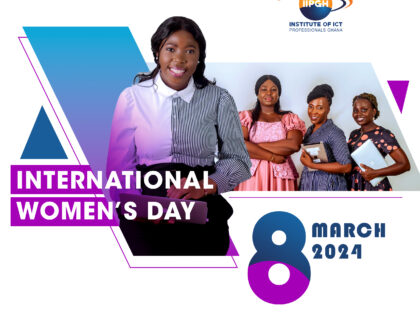Part one of this article discussed data initiatives such as data commons, data exchanges and marketplaces, and open data platforms in dealing with the challenge of lack of unbiased data in Ghana. In this article, other data initiatives that are being implemented in other jurisdictions are discussed. They include data trusts, data collaboratives, and data commons.
Data Trusts
Think about all the data recorded, stored, processed, and analysed by ride-hailing services, for instance. The public has little control over what is collected and shared. By establishing data trusts, the general public will have greater control over what is collected, accessed, and used. This does not only help our privacy but also promotes beneficial and equitable use of data in society. According to the Open Data Institute (ODI), a data trust is “a legal structure that provides independent stewardship of data”. The data trustees are therefore responsible to make decisions about what data to share and with whom by the purpose of the data trust and its intended benefits. A data trust is a potential response to allaying the fears about how sensitive data is held by third parties. That said, there are still questions that must be answered concerning data trusts. What guides the decision-making of the trustees about data collection and access? How can we ensure that trust remains trustworthy? What are the implications of the current regulatory environment on the establishment of trusts? Until these questions are answered, we need to observe and learn lessons from pilots such as the ones ran by ODI focused on tackling illegal wildlife trade, reducing food waste, and improving public services in Greenwich in the United Kingdom.
Data Collaboratives
This is a collaboration between participants from different sectors that goes beyond public-private partnerships to exchange data to create public value. The participants will usually include private companies, research institutions, and government agencies. To solve the challenges confronting us as a people such as waste management and public health will require access to data which is usually held by the private sector. To harness the benefits of this data, data collaboratives have emerged as a new form of partnership for dealing with the pressing issues in society. An example of a data collaborative is the online platform called Global Forest Watch. This platform provides data and tools for monitoring forests by harnessing trailblazing technology which permits anyone to access close to real-time information about the conditions of forests around the world. Another data collaborative that can be mimic in preventing the spread of COVID-19 is NetHope. This data collaborative has been used to prevent the spread of new Ebola outbreaks in West Africa by acquiring data from the private, public, and humanitarian sectors to chart the path of the virus.
Data Co-operatives
This is also another collaborative data initiative that allows mutual organisations or individuals to own and democratically control data on behalf of its members. The data that is usually collected and shared is based on the interests of the members of the data co-operative. Data co-operatives are worth exploring by startups in Ghana’s agriculture ecosystem. Digital technologies have given rise to a significant number of agribusiness startups who are trying to improve activities along the agriculture value chain. All these startups are collecting data on various kinds of data. Due to the expensive nature of data collection, these startups can team up and collect, own, and control the data collaboratively. An example of a data co-operative is Driver’s Seat, a co-operative started by on-demand drivers who collect their combined driving data using an app to gain insights that are usually the secrets of big ride-hailing companies like Uber. They can sell this data to city authorities and then share the profits among their members. Data co-operatives offer the opportunities to shift power from big organisations who usually hold data and share as an avenue to directing dissatisfaction toward substitutes that serve the platform economy.
Conclusion
The role of high-quality data for development cannot be overemphasized. The government needs data for effective policymaking, efficient allocation of resources, and effective public service delivery. Businesses need data for insight and to create innovative services. The third sector needs data for interventions in the lives of our citizens. It is, therefore, important to explore these data initiatives and see which ones will help us to collect data for national development.
Author: Kuuku Sam is Advisor, Artificial Intelligence for Sustainable Development at GIZ and Executive Member, Institute of ICT Professionals, Ghana.
For comments, contact Kuuku on 0274 333 510 or at kuuku.sam@iipgh.org





